Enterprise sustainability efforts mean pre-used hardware could be the key to reducing e-waste
While IT leaders want to see more second-hand device options, manufacturer practices could prevent widespread adoption over the next decade

Bobby Hellard
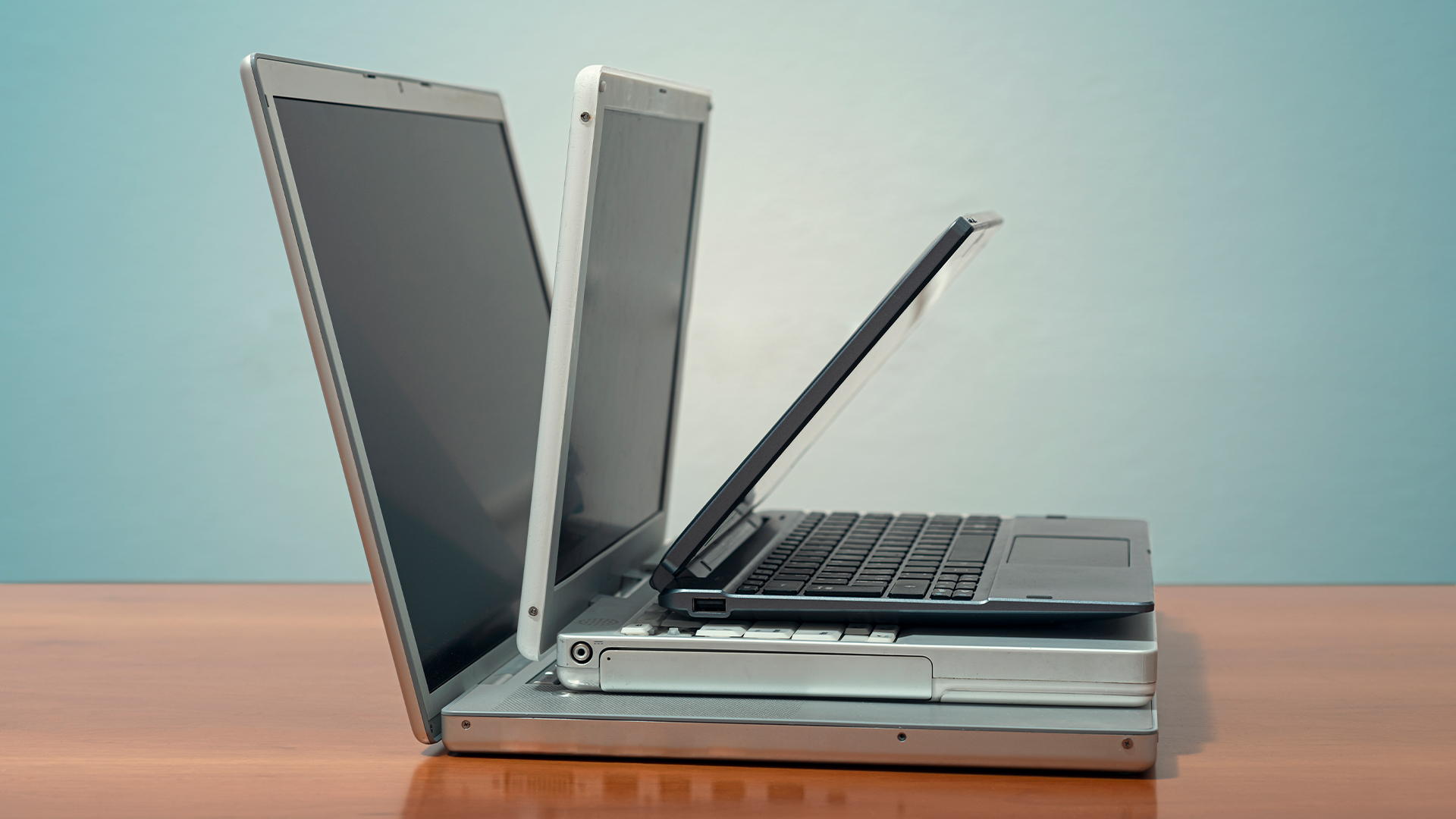
An overwhelming majority of IT leaders believe a significant portion of enterprise laptop devices will be pre-used within the next decade, according to new research.
In a poll conducted by Circular Computing at a recent summit, leaders from Microsoft, Dell, HP, Atos, Lenovo, and others specifically highlighted circulatory practices within the IT sector as a key focus in the coming years.
86% of respondents said pre-used laptops will account for one-fifth of enterprise hardware stocks by 2032 while a sizable minority (40%) believe this milestone will be hit by 2028.
Rod Neale, Founder and CEO of Circular Computing said the survey findings highlight a growing consensus around sustainable hardware use at enterprises globally.
“Our recent Summit was as much a rallying cry as it was an eye opener for those in the driving seat in our industry, who I hope now are starting to see remanufacturing as the new new – and a way to achieve circularity in the IT sector,” he said.
“Overall, the consensus is clear: pre-used tech will be the future for enterprises. The question is how quickly are we going to get there, and who gets the glory when we do?”
There are significant challenges ahead for enterprises looking to reduce the environmental impact of hardware, however. Respondents with a more pessimistic outlook with regard to adoption rates specifically pinpointed manufacturer practices as a key hurdle.
Sign up today and you will receive a free copy of our Future Focus 2025 report - the leading guidance on AI, cybersecurity and other IT challenges as per 700+ senior executives
85% said that OEMs will be the “main barrier” to speed of adoption and could limit their ability to ramp up more sustainable hardware practices. Nearly two-thirds also urged end-users to drive faster adoption of pre-used devices by demanding suppliers provide these options.
Pushing manufacturers and suppliers to provide more sustainable hardware options also comes at a critical time, the study noted, with the IT industry now facing “one of its biggest sustainability tests yet” with the end of support for Windows 10.
In December 2023, analysts warned that Windows 10 end of life plans could spark a “torrent” of e-waste globally. A study from Canalys found that up to 240 million PCs could be terminated amidst the shift to Windows 11.
Canalys said the research highlighted the critical need for device manufacturers and software vendors such as Microsoft to “maximize products’ usable lifespans”.
Pre-used hardware “not to be sniffed at”

Bobby Hellard is ITPro's Reviews Editor and has worked on CloudPro and ChannelPro since 2018. In his time at ITPro, Bobby has covered stories for all the major technology companies, such as Apple, Microsoft, Amazon and Facebook, and regularly attends industry-leading events such as AWS Re:Invent and Google Cloud Next.
IT hardware takes up an awful lot of space at landfill, so pre-used laptops shouldn't be disregarded as an option. Those are the statements that should be front and center of every IT decision-maker and laptop manufacturer’s mind when they invest in new models.
RELATED RELATED

E-waste is a problem that has never really been tackled by the IT industry, despite the lip service it continues to pay. ‘Sustainably built’ technology is not very sustainable if you launch something new two or three times a year. And we can’t really bemoan the customer here as there is pressure to keep up with the latest advancements, which is certainly the case for IT decision-makers.
Currently, there is a wave of new laptops fitted with AI-enabling processors and NPUs that are going to pull in customers who need those capabilities. However, value for money is still arguably the key metric for most IT decision-makers and an older machine can really reduce budgetary constraints.
Most businesses will reuse their hardware, anyway, and usually have a single laptop given to different employees over its time at the organization. Part of this is due to the turnaround of staff which can often be quicker than the turnaround of hardware.
However, laptops and PCs are better constructed, and software updates keep them relevant for much longer, so at some jobs, you’re very unlikely to get a brand new machine, anyway – unless you’re one of the executives.

Ross Kelly is ITPro's News & Analysis Editor, responsible for leading the brand's news output and in-depth reporting on the latest stories from across the business technology landscape. Ross was previously a Staff Writer, during which time he developed a keen interest in cyber security, business leadership, and emerging technologies.
He graduated from Edinburgh Napier University in 2016 with a BA (Hons) in Journalism, and joined ITPro in 2022 after four years working in technology conference research.
For news pitches, you can contact Ross at ross.kelly@futurenet.com, or on Twitter and LinkedIn.
-
 AWS just quietly increased EC2 Capacity Block prices – here's what you need to know
AWS just quietly increased EC2 Capacity Block prices – here's what you need to knowNews The AWS price increases mean booking GPU capacity in advance just got more expensive
-
 Accenture acquires Faculty, poaches CEO in bid to drive client AI adoption
Accenture acquires Faculty, poaches CEO in bid to drive client AI adoptionNews The Faculty acquisition will help Accenture streamline AI adoption processes
-
 Forget about AI unless you’ve got the right hardware
Forget about AI unless you’ve got the right hardwareNews Research from Microsoft shows enterprises ramping up AI adoption are neglecting hardware upgrades - and it's holding them back.
-
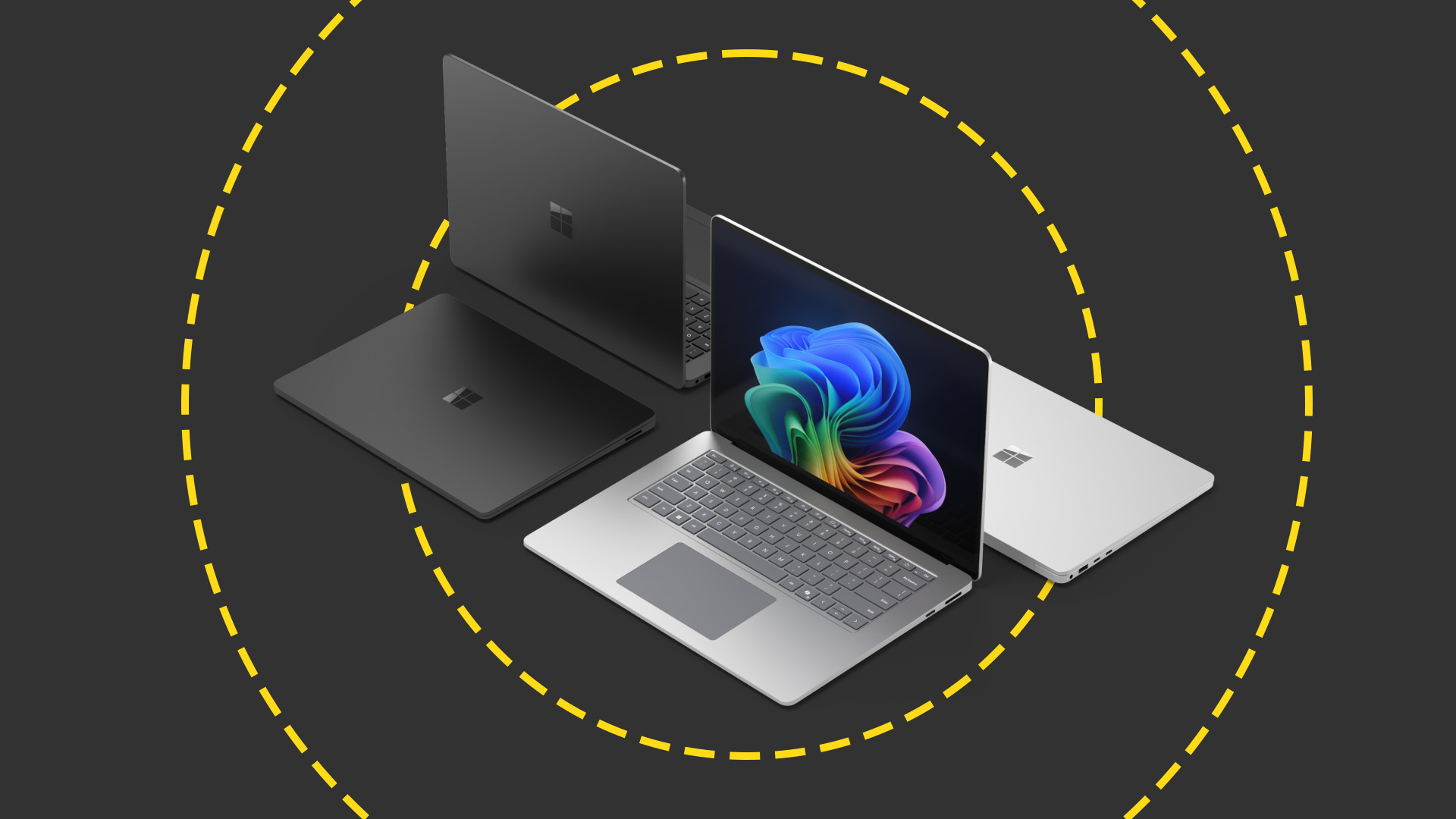 Microsoft targets enterprises with new Intel-powered Surface devices – but they come with a hefty price tag
Microsoft targets enterprises with new Intel-powered Surface devices – but they come with a hefty price tagNews Microsoft has unveiled the launch of the new Surface Pro 11 and Surface 7 laptop devices with Intel chips.
-
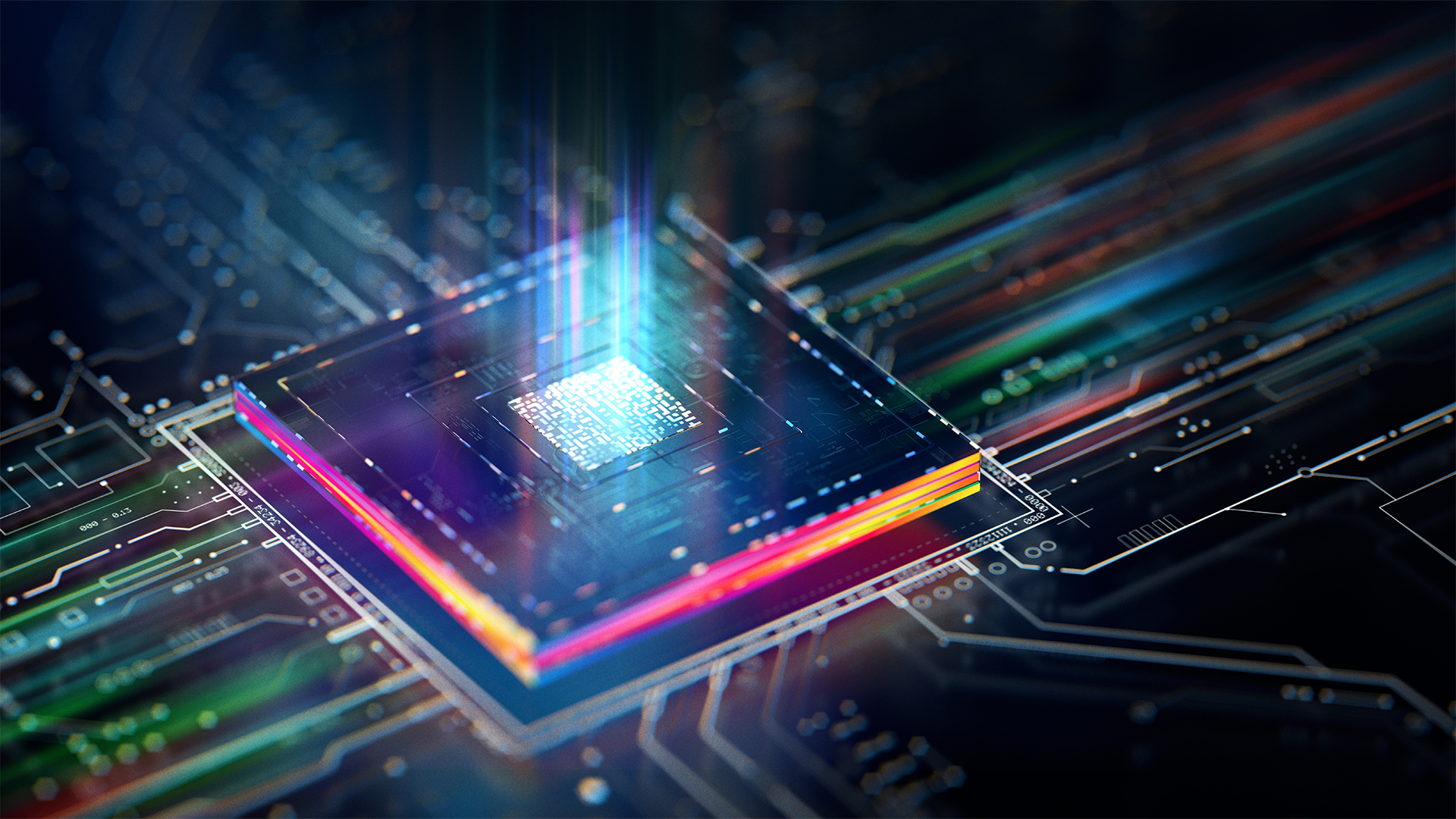 Why the CPU you chose is the key to Windows 11
Why the CPU you chose is the key to Windows 11Supported The end of Windows 10 is on the horizon – it’s time to upgrade to an fTPM-protected processor
-
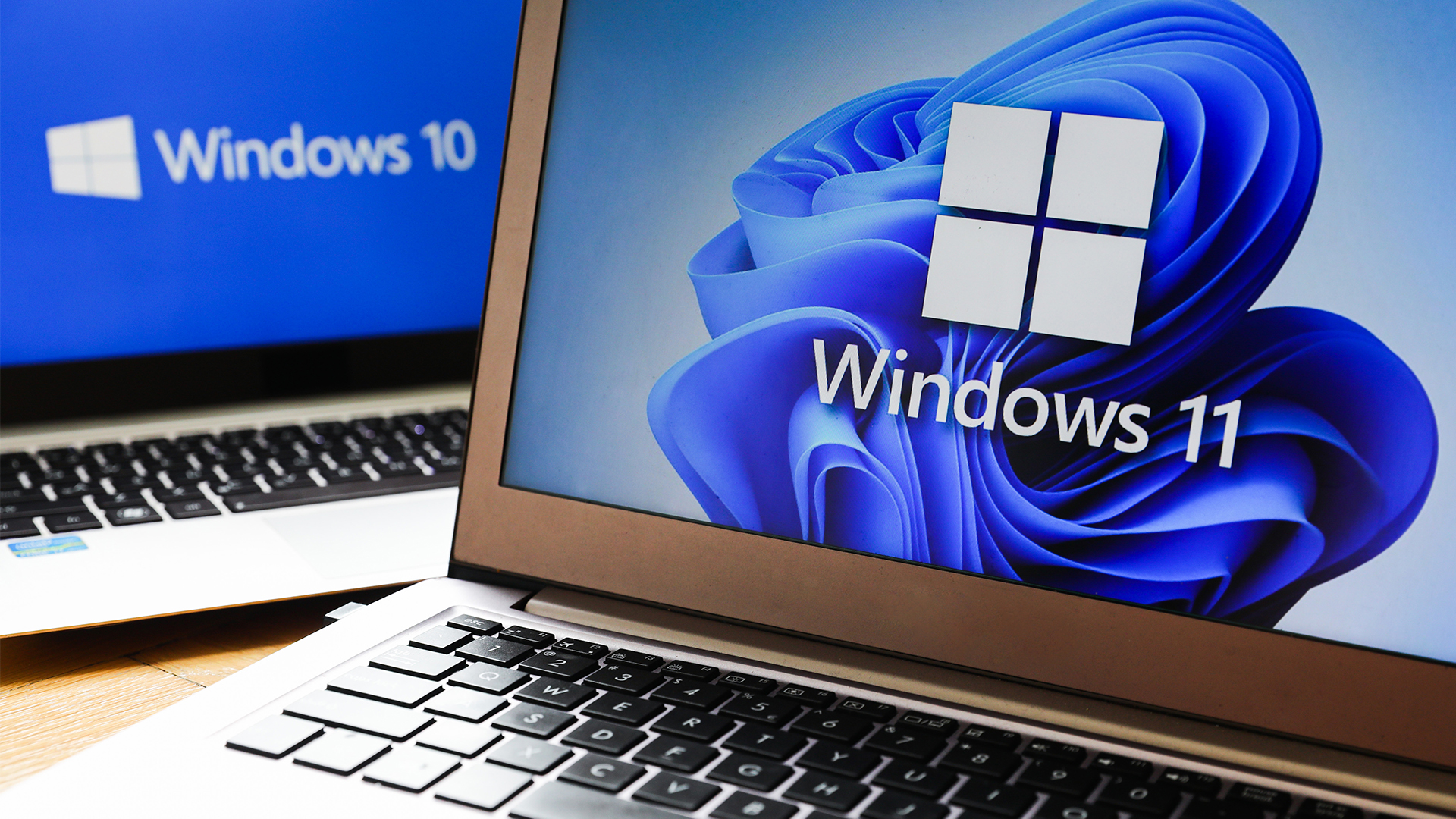 Microsoft refuses to back down on Windows 11 hardware requirements
Microsoft refuses to back down on Windows 11 hardware requirementsNews The tech giant says it'll keep hardware specifications for Windows 11
-
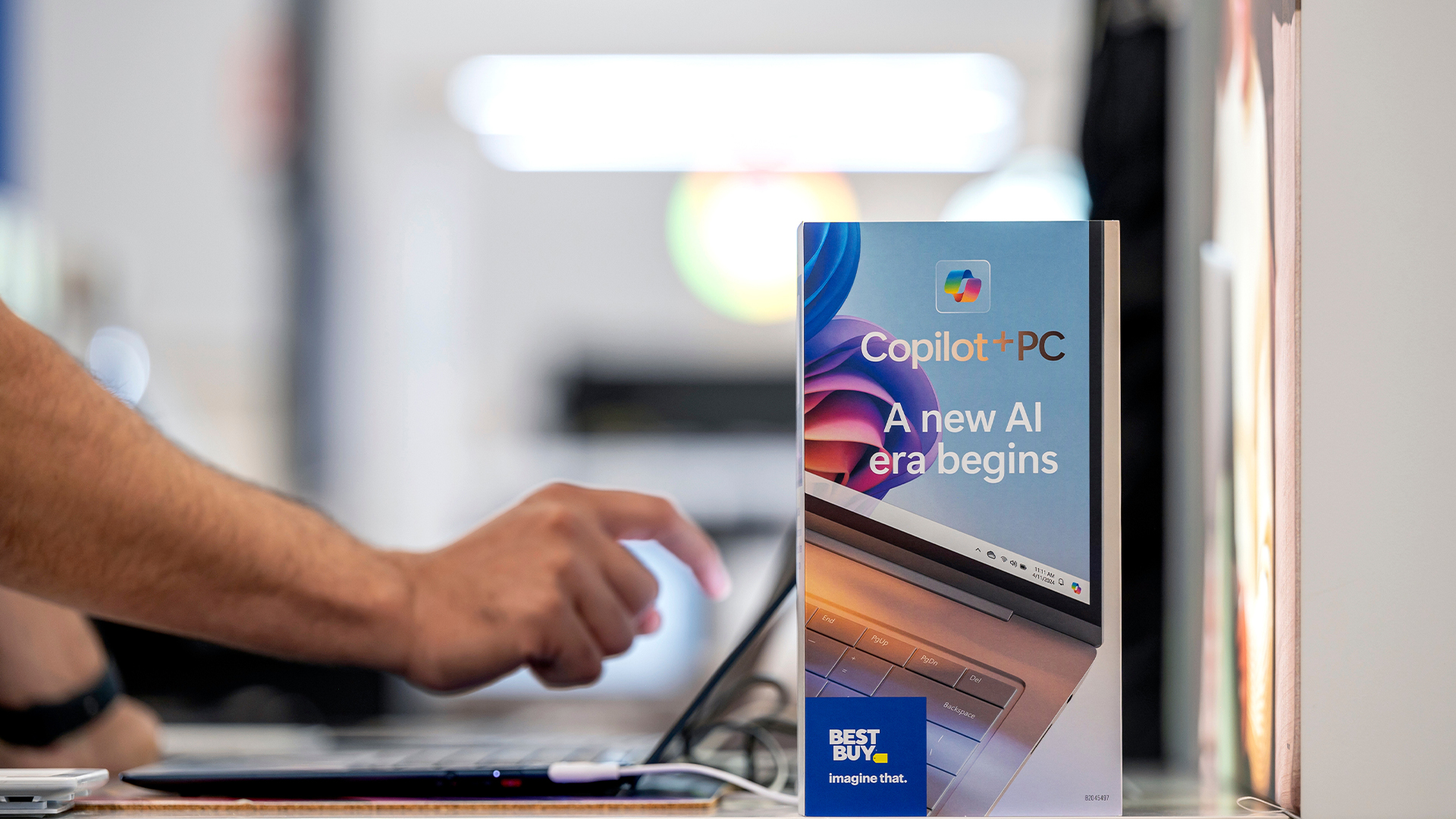 Why the world is about to be swamped with AI PCs
Why the world is about to be swamped with AI PCsNews With adoption rates set to surge, AI PCs will become far more mainstream in years to come
-
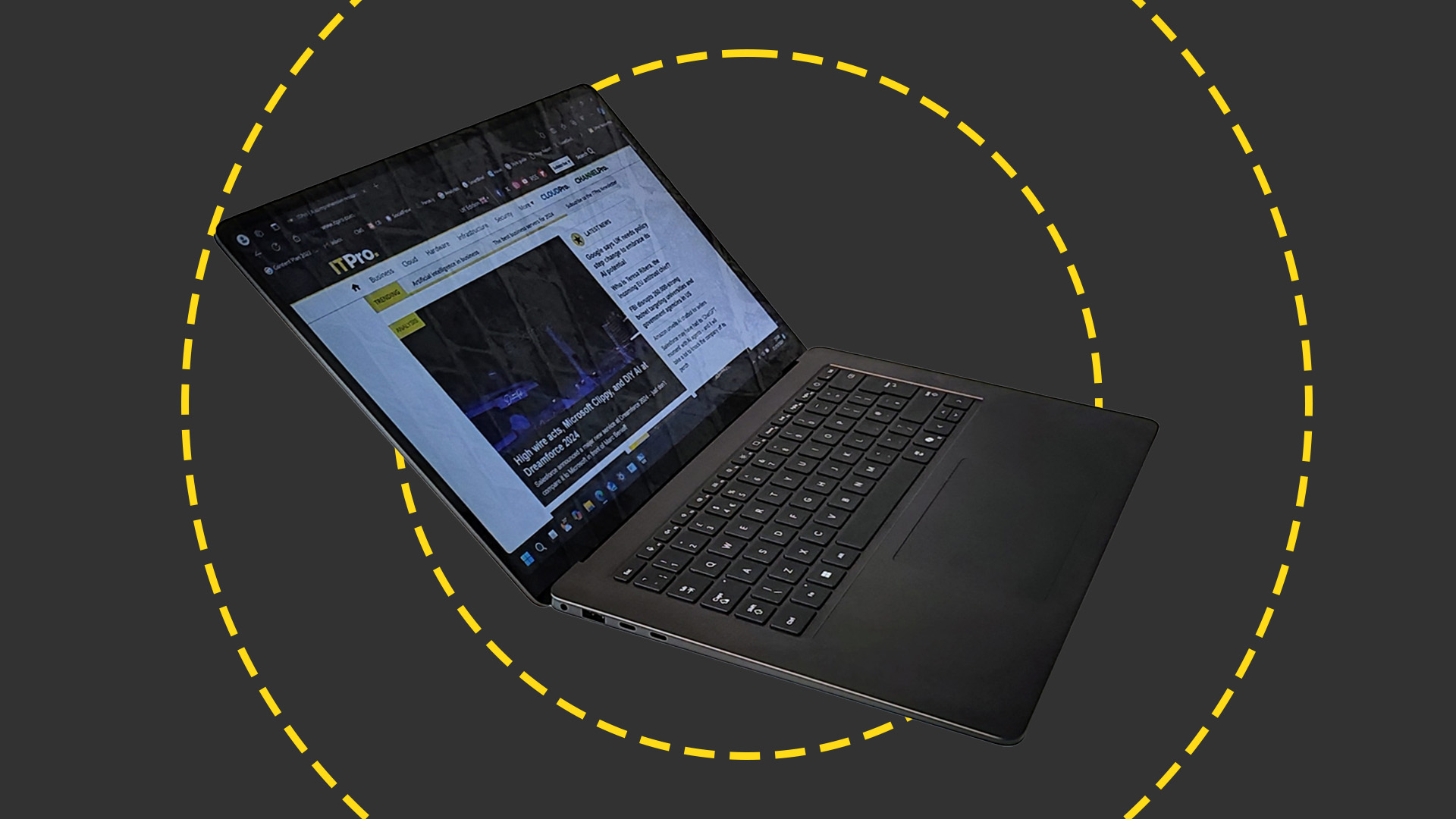 Microsoft Surface Laptop 7 review: The definitive Snapdragon business laptop
Microsoft Surface Laptop 7 review: The definitive Snapdragon business laptopReviews With its bright 3:2 display, easy-access interior, and superb battery life, the Surface Laptop 7 is a stellar productivity tool
-
 Want to stop workforce attrition? Invest in better hardware, says Microsoft
Want to stop workforce attrition? Invest in better hardware, says MicrosoftResearch from Microsoft shows younger workers in particular are unhappy about poorly-functioning hardware
-
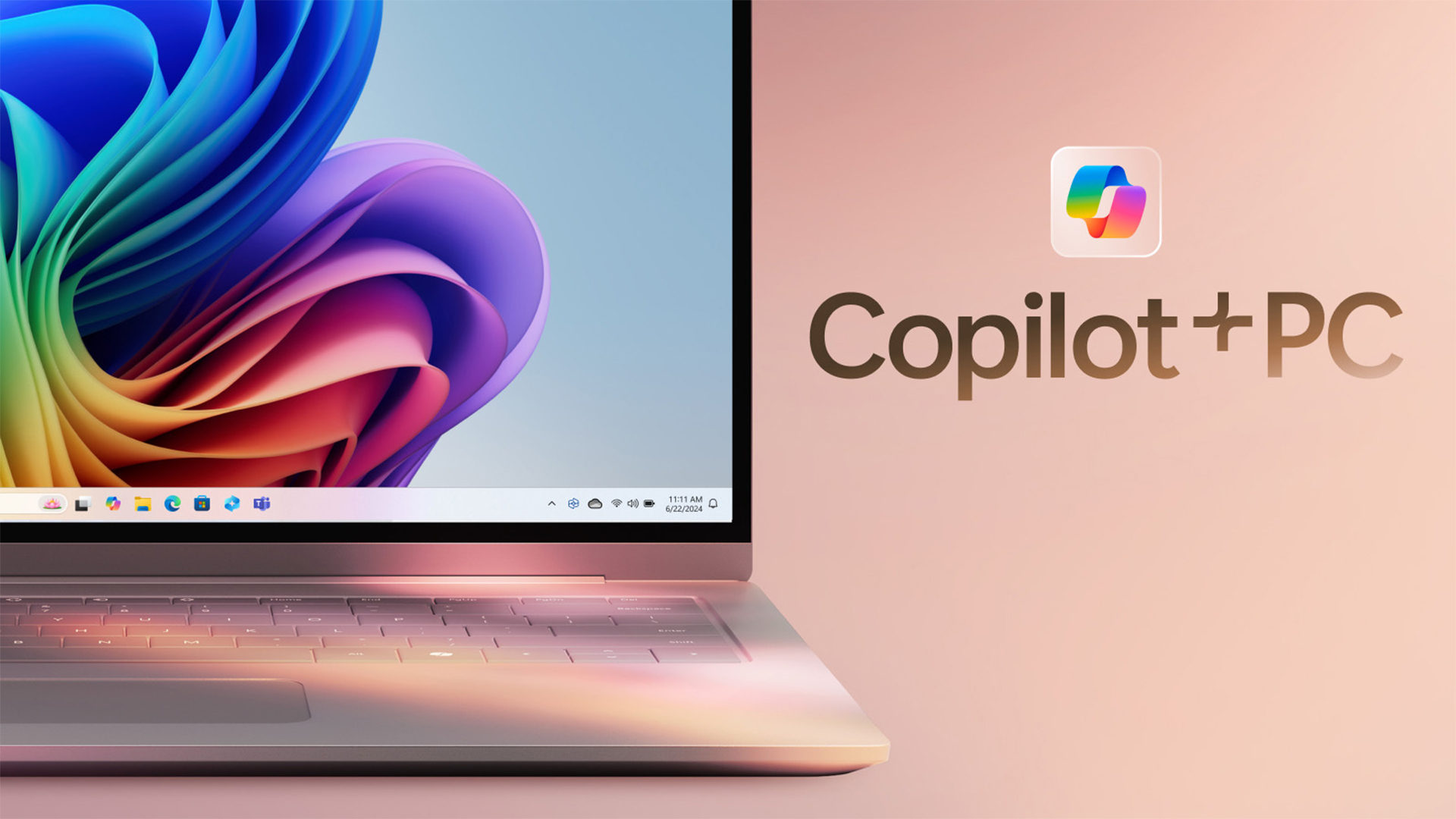 Microsoft’s Copilot+ PC brand heralds a “new era” in personal computing — here’s why we’re excited
Microsoft’s Copilot+ PC brand heralds a “new era” in personal computing — here’s why we’re excitedAnalysis The launch of Copilot+ devices represents a "new era for the PC" with Snapdragon NPU-powered laptops that can recall everything you’ve seen on your machine